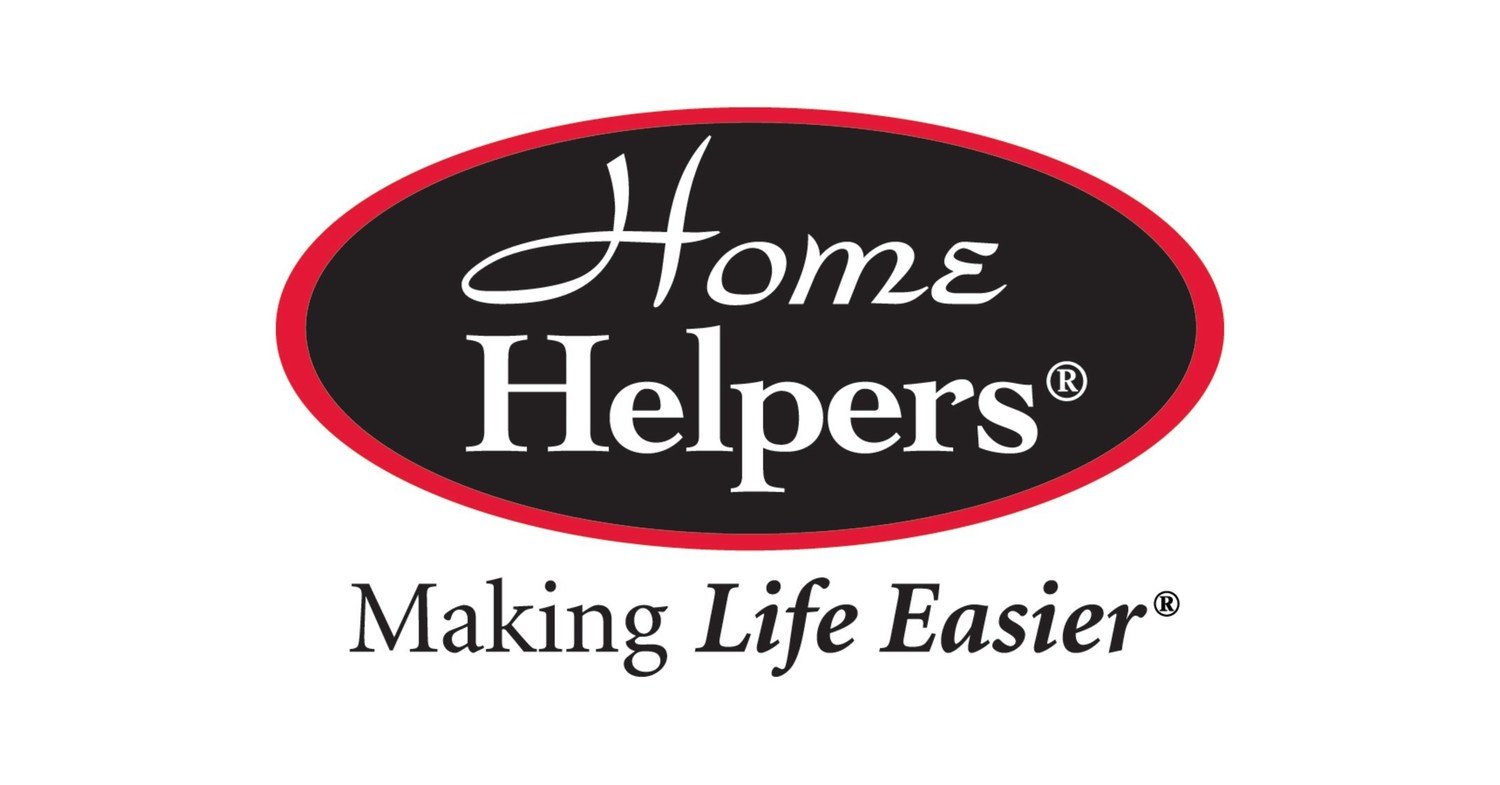This is a test Preview Page of our Home Helpers automated CDL-AI Forbearance Bot in action.

Home Helpers is one of the nations leading senior-care franchises, specializing in comprehensive home care services for seniors, expectant and new mothers, those recovering from illness or injury and individuals facing lifelong challenges. (PRNewsfoto/Home Helpers)
What is mortgage forbearance?
Forbearance is when your mortgage servicer or lender allows you to temporarily pay your mortgage at a lower payment or pause paying your mortgage. You will have to pay the payment reduction or the paused payments back later.
Forbearance can help you deal with a hardship, such as, if your home was damaged in a flood, you had an illness or injury that increased your healthcare costs, or you lost your job. Forbearance does not erase the amount you owe on your mortgage. You will have to repay any missed or reduced payments.
How to request a forbearance
Call your servicer and let them know your situation immediately. Ask them what “forbearance” or “hardship” options may be available.
Some servicers will require that you request forbearance or other assistance within a certain amount of time after a disaster or other qualifying event.
Mortgage forbearance options
Forbearance is complicated. There isn’t a “one size fits all” because the options depend on many factors. Those factors include:
- The type of loan
- The owner or investor requirements in your mortgage loan
- Your servicer
There are key things to consider with each type of forbearance. You’ll want to pay close attention to how your servicer expects you to pay back any missed or reduced mortgage payments.
Here are some forbearance examples to guide you
Paused Payments Option-Paid During Existing Mortgage: Your servicer allows you to stop making payments for six months, but you must pay everything back at once when your payments are due again.
What to consider:
- You may owe a big bill that comes due all at once. For example, if your servicer allowed you not to pay your mortgage for six months, at the end of the forbearance period, you may owe all six of your missed mortgage payments in one month.
- Interest on the paused amounts will continue to accrue until you repay them.
Mortgage Payment Reduction Option: Your servicer allows you to reduce your $1,000 monthly mortgage payment by half for three months. After the three months are over you have one year to pay back the amount of that reduction.
What to consider:
- The amount of the reduction would be spread out over 12 months and added to your mortgage payment once the reduction period is over. This means your monthly mortgage will increase during that one-year period. Using the example above, you would pay $500 for three months and starting on the fourth month you would need to pay $1125.00 ($1,000 + $1500/12) each month for the next 12 months.
- Interest on any reduced amounts will continue to accrue until you repay them.
Paused Payment Option-Paid back at End of Mortgage: Your servicer allows you to pause payments for one year, and that amount is repaid by either adding it to the end of your mortgage loan or by you taking out a separate loan.
What to consider:
- You can extend the term of your loan for some amount of time to pay back the paused payments or take out a separate loan.
- Extending your loan means the missed payments will be added on to the end of your loan. For example if you were given a twelve month period where you didn’t have to pay your mortgage, you’ll have twelve months of payments added on to the date when your loan was supposed to be paid off by.
- Extending with a separate loan means when your mortgage is due you’ll also have to pay off this separate loan. This is like a balloon payment, which is one large payment due at the end of your loan.
- Interest on the missed amounts will continue to accrue until you repay them.
Where to seek help
For help in exploring your options, reach out to a housing counselor. Use the CFPB’s “Find a Counselor” tool to get a list of counseling agencies approved by the Department of Housing and Urban Development (HUD). You can also call the HOPE™ Hotline, open 24 hours a day, seven days a week, at (888) 995-HOPE (4673).
If you’re a homeowner in a state included in the federal Hardest Hit Fund , you may qualify for assistance.
The Hardest Hit Fund programs vary by state and may include:
- Mortgage payment assistance for unemployed or underemployed homeowners
- Principal reduction
- Help for homeowners transitioning out of their homes into more affordable homes
For more information about the program in your state, check with your state’s housing finance agency or the Hardest Hit Fund.
.If you have a reverse mortgage, you can contact a reverse mortgage housing counseling agency or default counseling agency approved by HUD.
If you’re facing foreclosure or have been served with legal papers, you should consult an attorney. You may be able to find legal assistance from a free legal aid program for your area or territory..
